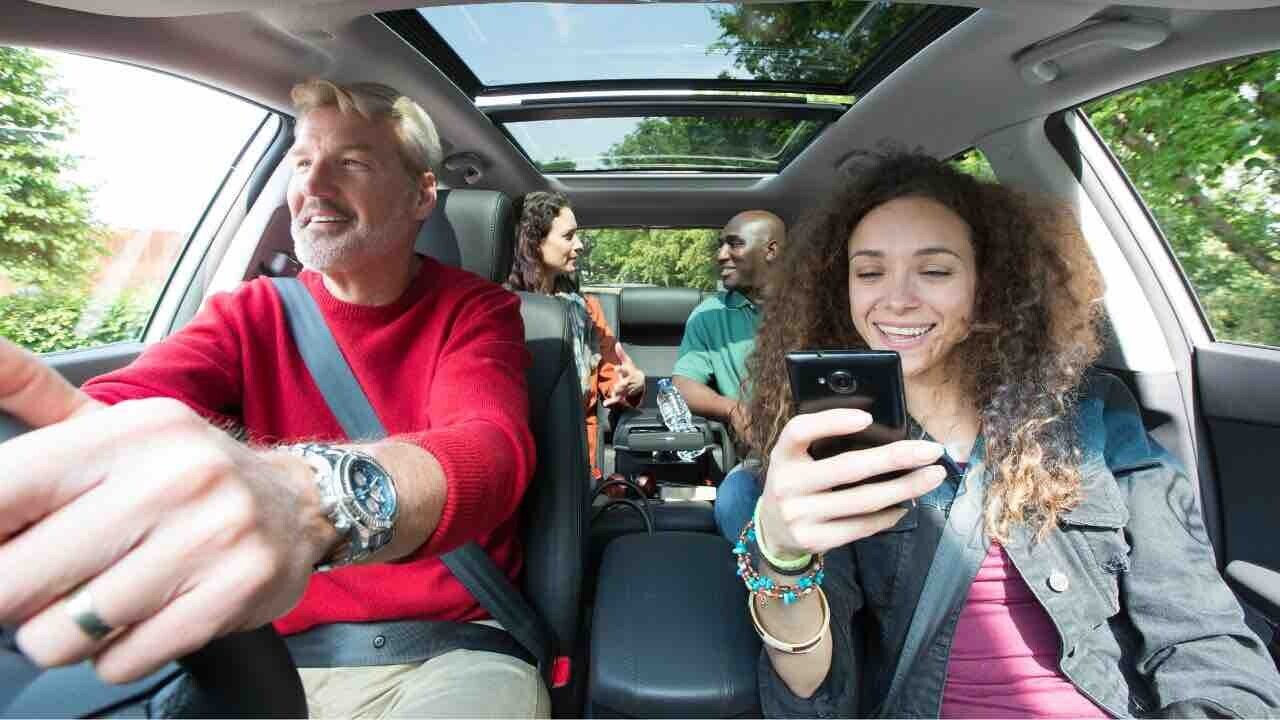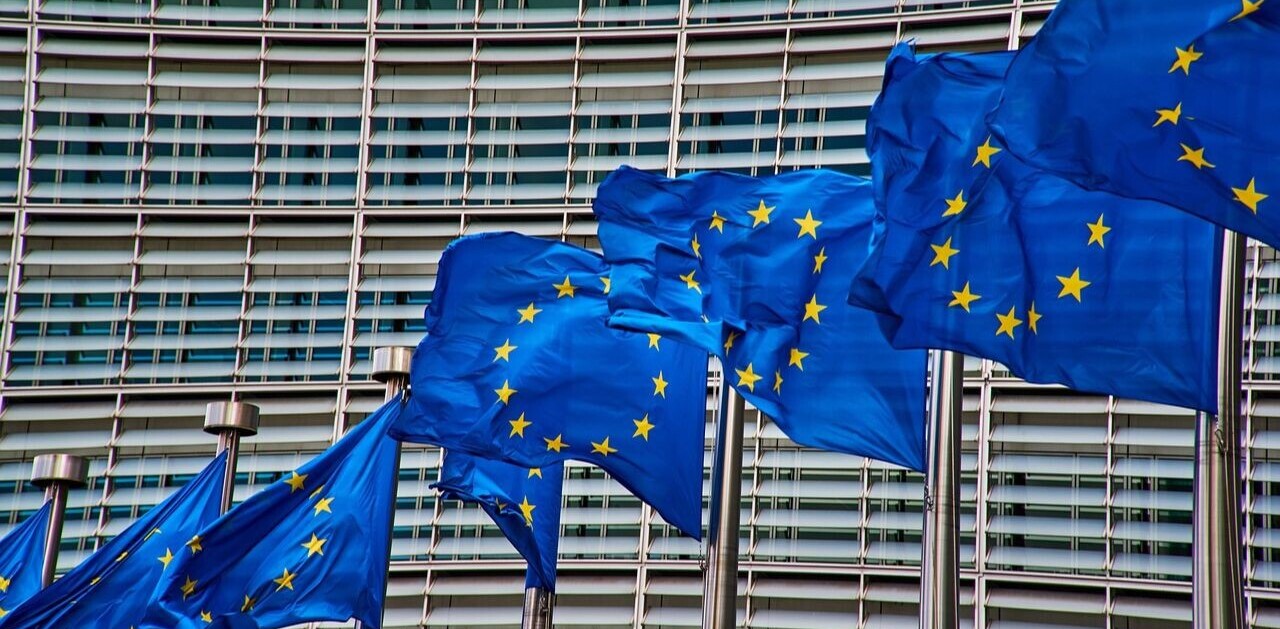
Carpooling’s resurgence continued today as France’s BlaBlaCar reached two big new milestones.
The Paris-based trip-sharing service has raised a €100mn credit line and hit profitability over the last 24 months — its first full years in the black.
The company plans to use the new funding to expand its multimodal transport network.
Initially launched in 2006 to pair passengers with drivers who have spare car seats, BlaBlaCar has since added local buses to the platform. Trains are also set to join the network.
“This milestone demonstrates BlaBlaCar’s maturity and financial stability,” CEO Nicolas Brusson said in a statement.
“Nevertheless, we must remain humble: there’s still a long way to go in our journey to make travel more sustainable and humane.”
That humility follows a tough spell for carpooling, which suffered through plummeting demand during the pandemic.
At BlaBlaCar, issues also arose during its recent expansion plans. Uptake in new markets was spotty and an entry into Russia was disrupted by the full-scale invasion of Ukraine.
After a turbulent couple of years, plans to IPO were shelved in favour of private financing and future acquisitions.
Yet hopes are now growing that the company — and sector — are making a comeback.
The revival of carpooling
Surging living costs and concerns about climate change have rejuvenated demand for cheaper, greener transport.
The result for BlaBlaBar was 80 million passenger bookings in 2023 — 23% more than in 2022. Revenue, meanwhile, hit €253 million — a 29% annual increase.
Emerging markets have provided a striking boost to the budget. BlaBlaCar highlighted India and Brazil, which are both now experiencing triple-digit growth rates. The latter became the company’s leading country for carpooling activity in 2023.
In Europe, however, the results have been mixed. My home country of the UK, for instance, has been slow to adopt BlaBlaCar, but my previous residence in Spain offered a thriving service, as well as unexpected friendships — and the odd unwelcome acquaintance.
BlaBlaCar is betting that carpooling’s sustainability leads to further growth.
The company claims to have cut 2 million tonnes of CO2 from travel’s carbon footprint last year. It can also draw on growing support from public sector initiatives, such as a dedicated carpooling plan in France and energy savings certificates for vehicles in Spain.
“With these measures, governments are recognising that carpooling is an effective, targeted and immediate solution to our current and future challenges,” Brusson said.
“It is clearer than ever that to limit spending, reduce our dependence on fossil fuels and reduce our carbon footprint, our travel habits must change. Shared mobility is part of the solution.”
One of the themes of this year’s TNW Conference is Sustainable Futures. If you want to dive into the ethics, diversity, sustainability, and social impacts of tech — or simply experience the event (and say hi to our editorial team) — we’ve got something special for our loyal readers. Use the code TNWXMEDIA at checkout to get 30% off your business pass, investor pass or startup packages (Bootstrap & Scaleup).
Get the TNW newsletter
Get the most important tech news in your inbox each week.





